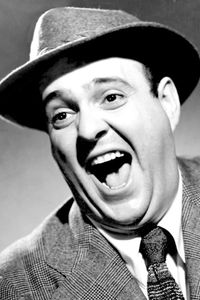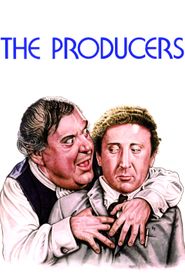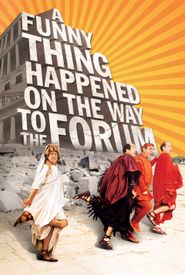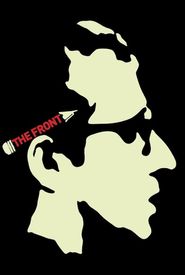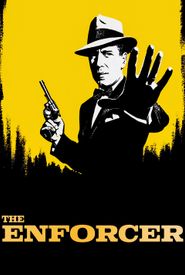Here is the biography of Zero Mostel:
Zero Mostel was born Samuel Joel Mostel on February 28, 1915, in Brooklyn, New York, to an Orthodox Jewish family. He developed his talent for painting and drawing at art classes provided by the Educational Alliance and would often copy paintings at the Metropolitan Museum of Art.
Mostel attended the City College of New York and later entered a master's program in art at New York University. He dropped out after a year and worked at odd jobs before being hired by the Works Progress Administration's Federal Art Project to teach drawing and painting at the 92nd Street "Y" in 1937.
In 1939, Mostel married Clara Sverd, a CCNY classmate, but the marriage was troubled due to personality conflicts. The couple separated in 1941 and divorced in 1944. While still teaching, Mostel supplemented his income by providing gallery lectures at various museums under the aegis of the WPA. His lectures were full of jokes, and subsequently, he was hired to perform at private parties.
Mostel auditioned as a comedian at the downtown nightclub Cafe Society in late 1941, initially rejected, but owner Barney Josephson hired him after Pearl Harbor. It was Ivan Black, the club's press agent, who gave Sam Mostel the nickname Zero, explaining, "Here's a guy who's starting from nothing."
Debuting at the Cafe Society on February 16, 1942, Zero was a hit with audiences and the critics. He began appearing in the play "Cafe Crown" at the Cort Theatre, which opened on January 23, 1942, and played through May 23rd, closing after 141 performances. Zero made some impromptu appearances on stage, but he wasn't officially part of the cast of the play, which was staged by Elia Kazan and starred Morris Carnovsky, Sam Jaffe, Whit Bissell, and Sam Wanamaker.
Within a year, he was touring the national nightclub circuit and appearing on radio. He had a brief stint in the Army in 1943, but was quickly discharged due to an unspecified physical disability. Zero spent the rest of the war entertaining the troops overseas.
Zero married Kathryn Harkin, a former Radio City Music Hall Rockette, on July 2, 1944, an act that ruined his relationship with his Orthodox Jewish parents as his new wife was a gentile. The two remained a married couple until his death and produced two sons: Josh Mostel, who was born in 1946, and Tobias, who was born in 1949.
In the post-war years, Zero began to branch out as a straight actor. He made his television debut in the series "Off the Record" in 1948 and later appeared in the movie "Panic in the Streets" (1950).
Zero had long been a leftist politically and had made contributions to progressive causes. When he and his wife were named by Jerome Robbins before the House Un-American Activities Committee as being communists, Zero was subpoenaed to testify by HUAC. Mostel testified before the House Un-American Activities Committee on October 14, 1955. In a playful mood, he told the Committee that he was employed by "19th Century-Fox." Zero denied he was a Communist, but refused to name names. He told the Committee that he would gladly discuss his own conduct but was prohibited by religious convictions from naming others. Consequently, he was blacklisted during the 1950s.
In the 1950s, Mostel bumped into Elia Kazan on the street in New York City, and the two reminisced. Kazan said Mostel chided him for putting Mostel through the paces in "Panic in the Streets," forcing him to run more than he ever had. The two retired to a bar, and as they began to drink, Mostel kept muttering, in reference to Kazan's naming names before HUAC, "Ya shouldn't a done that. Ya shouldn't a done that."
There was no blacklist in the theater, and his friend Burgess Meredith, a noted liberal, offered Zero the lead role in his 1958 Off-Broadway production of "Ulysses in Nighttown," based on the Nighttown episode of James Joyce's novel "Ulysses," that Meredith was directing. Mostel's performance as Leopold Bloom, Joyce's Jewish Everyman, was a great hit with audiences and critics alike, and he won an "Obie," the Off-Broadway equivalent of a Tony.
By the end of 1959, Zero again was appearing on television, cast in the "Play of the Week" episode "The World of Sholom Aleichem," which was broadcast on December 14, 1959, in syndication. He also was cast in a Broadway play, "The Good Soup."
Zero never opened in the play as he was hit by a bus on
